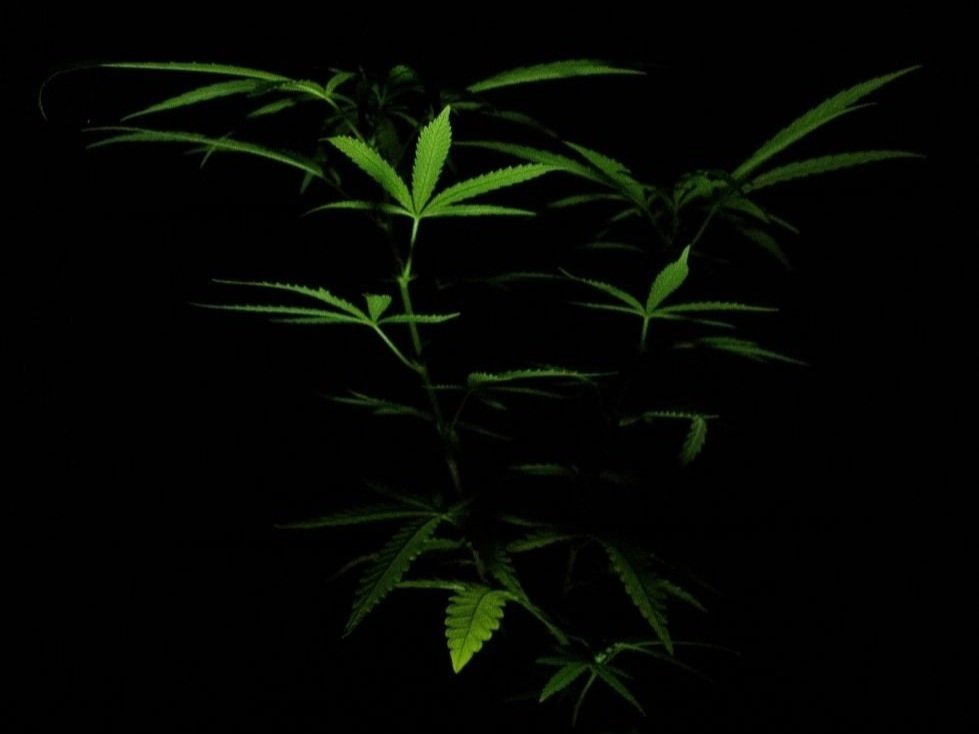Is There a Connection Between Marijuana Use and Psychosis?
by Talley Webb, MA, CRMC of Journey to Better
The connection between psychosis and the use of marijuana is a complicated one to assess. It is tricky due to the many factors that can potentially be at play. Although the research on this topic is growing, it’s still somewhat limited. Yet I believe it’s vital for us to look at the information we have, as the impact, particularly on adolescents and young adults can be serious.
So, what are the potential factors related to the connection between psychosis and the use of marijuana? Let’s take a brief look.
What Factors Come Into Play?
Cannabis remains the most commonly used drug worldwide. Vaporizer pens, designer cannabis strains, edibles, and butane hash oil or “dabs” offer access to higher-than-ever-before concentrations of THC. With this increase in popularity, availability, and potency, many are looking closely at the connection between cannabis use and psychosis. Also known as cannabis-induced psychosis (CIP), this state of psychosis can occur due to many different causes.
Generally speaking, the best chance we have to understand and deal successfully with this phenomenon is to understand the following factors. Keep in mind that this list is not exhaustive, and we still require more research:
Frequency of marijuana use
The dosage of marijuana
The presented symptoms of psychosis
Co-occurring substance abuse and mental disorders
Frequency of Marijuana Use
The frequency of marijuana use is an essential factor to consider when discussing the potential for cannabis-induced psychosis.
Consider the 2017 report conducted by The National Academies of Sciences, Engineering, and Medicine. In it, researchers conducted a review of 10 studies that classified the use of marijuana “based on lifetime frequency, the frequency use at baseline, the duration/frequency of current use, and frequency within the last year.” The report, which was conducted by the Committee on the Health Effects of Marijuana, highlighted several key takeaways.
One of the included studies was performed by The John Hopkins School of Medicine in 2015. In this study, researchers looked at the connection between cannabis use and the dopamine receptor (DRD2) gene. Both the use of marijuana and this particular gene hold an association with “psychosis-like experiences.” The study set out to investigate whether the DRD2 gene played a role in an individual’s likelihood to experience psychosis due to the use of cannabis.
There was another finding from this study that I found particularly important. According to the research, “genetic variation within genes that regulate signaling pathways and impact on dopamine transmission influences the risk of developing a psychotic disorder in cannabis users depending on the frequency of use.” Put in laymen’s terms, when the genes that regulate dopamine release are different from the norm, the individual is more likely to suffer from an episode of psychosis when using cannabis.
Later on, in a meta-analysis performed in 2016, researchers discovered that “severe cannabis users,” compared to those who abstain from cannabis, did have an association with psychosis. Given the account of these marijuana users as “severe,” rather than “infrequent” or “recreational,” a clear link to the frequency of use is observable.
So what does all of this tell us? Suppose an individual’s DRD2 holds a variant, and the individual is a severe cannabis user. In that case, there is a likely chance that they will present psychotic symptoms upon using marijuana.
The Dosage of Marijuana
Dosage is another important factor. Dosage can be considered the “potency level” of marijuana. As one 2019 study by The Lancet found, “smoking high-potency marijuana every day could increase the chances of developing psychosis.” It is important to note that marijuana dosing casts a vast net, as effects vary from one person to another. This groundbreaking study also documents the alarming increase in emergency room admits of people suffering from psychotic symptoms, with a history of marijuana use.
One physician, a proponent of the healthy use of cannabis, found that individuals can take anywhere from “1 mg of total cannabinoids daily, while others consume over 2,000 mg daily without adverse effects.” There are many variables to how that dosage impacts each person.
Perhaps the most telling piece of information we can point to as an indicator that cannabis dosage connects to potential psychosis is detailed in a 2017 review performed by Psychiatric Times. The study states, “cannabis is considered an environmental risk factor that increases the odds of psychotic episodes.” It continues, “and longer exposure is associated with greater risk of psychosis in a dose-dependent fashion.”
The keywords there are “dose-dependent fashion,” which implies how much cannabis a person consumes per use can make a big difference. In today’s world of ever increasing high-potency THC, we can expect with higher doses comes increased psychosis risk.
The Presented Symptoms of Psychosis
To understand the nature of psychosis and its connection to marijuana use, we must first understand how symptoms of cannabis-induced psychosis (CIP) can present itself.
One study, performed in 2007 by The Indian Journal of Psychiatry, set out to examine just that. Researchers studied the clinical symptoms in individuals who experienced psychosis after the use of cannabis. Among the presented psychotic symptoms, they found:
Somatic concern
Anxiety
Emotional withdrawal
Conceptual disorganization
Guilt feelings
Tension
Grandiosity
Hostility
Suspiciousness
Hallucinatory behavior
Disorientation
Co-occurring Substance Abuse and Mental Disorders
One factor that plays an incredibly important role in the connection between psychosis and the use of marijuana is the presence of co-occurring substance abuse and mental health disorders.
In particular, those with a family history of schizophrenia might be more susceptible to experiencing psychosis due to cannabis use. A study in World Psychiatry found that “regular cannabis use predicts an increased risk of schizophrenia and of reporting psychotic symptoms.” If someone has a genetic history of mental illness, there is an obvious increased risk for psychosis.
This research also suggests that a history of using marijuana can make a person more susceptible to experiencing a co-occurring mental disorder, which in turn makes them more likely to experience a psychotic episode. In short, it is a vicious cycle.
Final Thoughts
While the research is compelling, it is still ongoing. Legalization has opened channels of research that were previously unavailable, which will no doubt lead to more definitive studies.
If you happen to be a parent or caregiver of someone who has experienced what you believe to be a marijuana-induced psychotic episode, do your best to remain calm. This can be a frightening and challenging set of circumstances, but behind all of this data remains one very comforting piece of information; treatment is available.
I encourage you to reach out to mental health professionals if you’d like to understand more about marijuana-induced psychosis and treatment options. While this might be a very challenging time for you and your loved one, there is support, and most importantly, a plan of action to get the help you need.
For questions or concerns contact TCA, or Hire a Therapeutic Consultant.
Resources:
Cannabis use and risk of psychotic or affective mental health outcomes: a systematic review (2007)
Cannabis-related psychosis: Presentation and effect of abstinence (2007)
Cannabis use and the risk of developing a psychotic disorder (2008)
Interaction Between Functional Genetic Variation of DRD2 and Cannabis Use on Risk of Psychosis (2015)
A Case of butane has oil (marijuana wax) – induced psychosis (2016)
A meta-analysis of the Association Between the Level of Cannabis Use and Risk of Psychosis (2016)
Cannabis-Induced Psychosis in Teenagers and Young Adults: Risk Factors, Detection, Management (2019)

